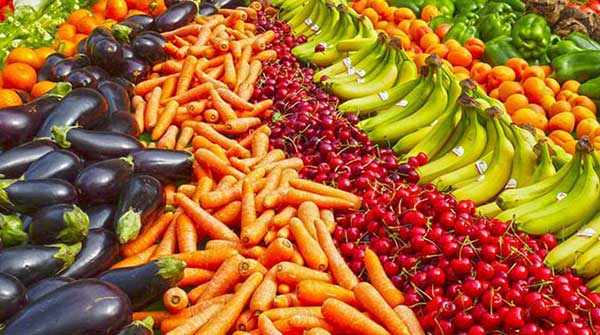 We heard this week that Alimentation Couche-Tard is looking at acquiring European-based Carrefour, the seventh largest food retailer in the world. Buying a grocery chain would be a significant departure from what Couche-Tard is known for.
We heard this week that Alimentation Couche-Tard is looking at acquiring European-based Carrefour, the seventh largest food retailer in the world. Buying a grocery chain would be a significant departure from what Couche-Tard is known for.
A non-binding, friendly offer of $25 billion was sent to Carrefour.
Couche-Tard is all about the convenience store economy. The Quebec-based company has achieved greatness by building a massive business out of a piece of the retail landscape that’s often overlooked or not taken seriously: convenience stores.
Other than 7-Eleven, no company in the world has been as committed to the customers who are in between meetings or meals, or service people on their rounds.
But running supermarkets is a different story.
Couche-Tard, which is worth about $46 billion, has grown through acquisitions of companies that didn’t manage to capitalize on being at the right place and the right time, with quality products at people’s disposal.
Carrefour would be the largest acquisition in Couche-Tard’s illustrious history – a big bite to take. The company’s largest transaction to date was Texas-based CST Brands for about $6 billion in 2017.
FROM THE ARCHIVES: The rise of the night owl: a convenience store giant by Sylvain Charlebois
Investors may not see how the fundamentals of such a business deal could make sense for a company like Couche-Tard, but this may not in fact be such a long strategic reach for them.
What may be motivating Couche-Tard to acquire a company like Carrefour is how the car industry is slowly transitioning towards electric vehicles. Couche-Tard has been a formidable force turning fuel business into food and convenience dollars. With fewer gas stations as electric cars become more popular, many Couche-Tard-owned outlets will need to think differently about the market.
Carrefour also presents a rebuilding situation Couche-Tard would enjoy exploring. Carrefour’s network and brand need to be re-energized. For the last decade or so, despite posting decent figures, shareholders have been left wondering if the grocer could do better.
Unlike convenience stores, groceries always offer limited margins with few prospects for growth. But Couche-Tard has a reputation of generating value by polishing hidden gems in companies like Carrefour. So it’s fitting for Couche-Tard to look at Carrefour as a tremendous opportunity.
What is also largely unknown about Couche-Tard is that it has a highly effective supply chain. The company has been able to provide above-par products in stores just because of how it deals with suppliers and how it focuses on in-store merchandizing. Practices at Couche-Tard are very much transferable to an environment like food distribution.
A deal between Couche-Tard and Carrefour could also present a unique opportunity for Canadian food products. Food manufacturing in Canada offers some of the best products in the world and some of the safest ones. Having access to a portal like Carrefour in Europe, coupled with favourable conditions provided by the Comprehensive Economic and Trade Agreement, a Couche-Tard-owned Carrefour could become the food ambassador Canadian companies need to generate more business on the old continent. Things could get interesting.
Couche-Tard is arguably one of the least understood and appreciated Canadian companies out there. Most investors will understand the company since it has delivered financially, time and time again. But most Canadians have never taken the time to appreciate how an empire can be built by selling fuel, chips, and slush and soft drinks.
The unglamourous aspect of the business has caused many to overlook the genius of company chairman Alain Bouchard and his team. It’s an impressive legacy.
Food retailing is not beyond what Couche-Tard can do in the future. The deal is not only about hedging against fossil fuels and the move to electric energy in the car economy, but also about making an iconic company more successful in the future.
The French government was quick to state that an acquisition would pose a food security threat to the French people. Such a claim makes little sense, given that Carrefour generates most of its business outside of France and that France’s food distribution market is highly fragmented, unlike Canada’s.
An acquisition of Carrefour by Couche-Tard offers an interesting storyline. There are so many intriguing elements to this deal, it would be regrettable if it doesn’t happen.
Dr. Sylvain Charlebois is senior director of the agri-food analytics lab and a professor in food distribution and policy at Dalhousie University.
Sylvain is a Troy Media Thought Leader. Why aren’t you?
For interview requests, click here. You must be a Troy Media Marketplace media subscriber to access our Sourcebook.
The views, opinions and positions expressed by columnists and contributors are the author’s alone. They do not inherently or expressly reflect the views, opinions and/or positions of our publication.
Click here for details

